
Starting June 1st, 2023 Our warehouse fee will be $0.65/cubic foot per month
In effort to lower the warehouse storage fee during inflation, we have went narrow aisle racking.This construction took us four months but the project is finally completed. With narrow aisle racking, we are able to drop storage by 24%.We as partners will go through this inflation together.
03/25/2024
Increasing demand for online deliveries, shorter delivery cycles, growing competition, shrinking margins and ensuring better customer service are some of the major drivers that are pushing enterprises across industries to make logistics management efficient.
If achieving efficient logistics management is not powered by modern technologies or digital tools, chances of failure grow multifold.
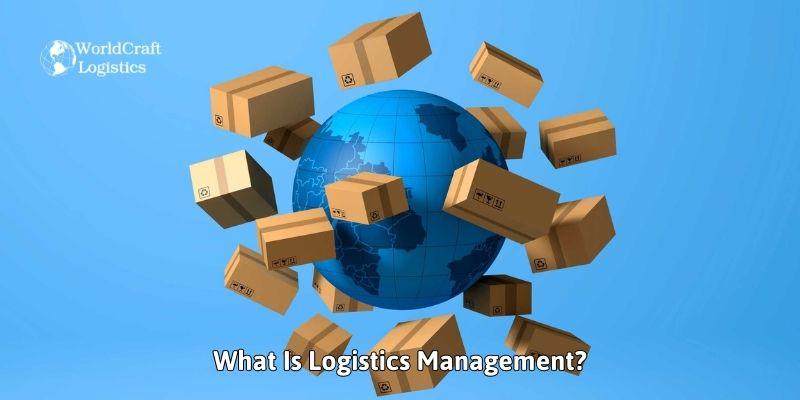
Logistics management is the process of managing the activities that are required to transport goods from its source to the final customer. That process involves a series of logistics activities such as order processing, material handling, packaging, warehousing, transportation and customer service management.
The logistics management process is used for tangible goods such as raw materials, finished products, equipment and machinery to food or other consumable items. A person who works in this field is called a logistician or logistics manager.
Logistics management is a subset of the larger supply chain management. Supply chain management plans, implements and controls the efficient flow of storage, goods, services and related information from the point of origin to the point of consumption. This is done for the purpose of meeting the requirements of customers.
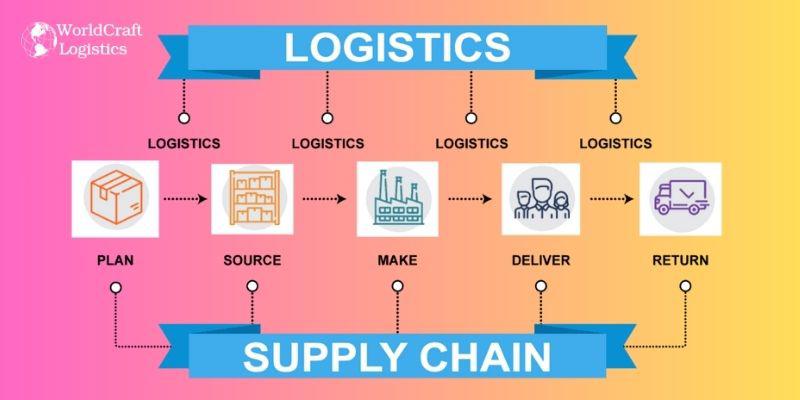
Logistics management in business works across industries. It aims to manage the fruition of project life cycles, supply chains and resultant efficiencies. As businesses grow more complex and expand into a global marketplace, business logisticians have evolved into something called supply chain logisticians.
With logistics management in manufacturing, the focus is twofold: inbound logistics for internal functions and outbound logistics for the external flow from the point of origin to the point of consumption. Logisticians focus on inventory management, purchasing, transportation, warehousing, consultation and the organization and mapping of these processes.
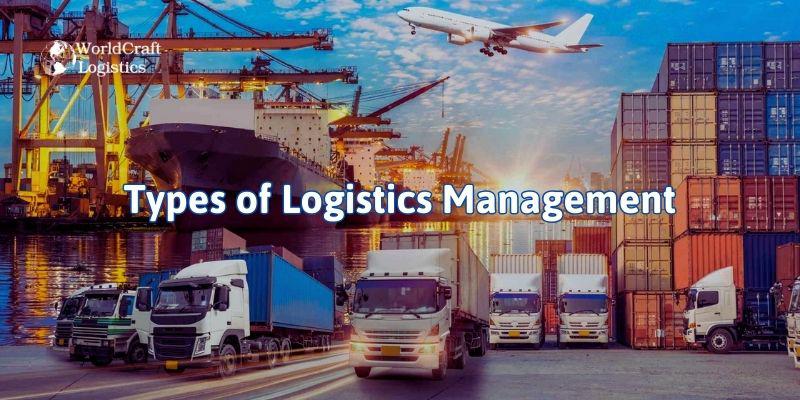
The logistics management process starts with the accumulation of raw material and goes on to the final stage where goods are delivered to the destination. There are many types of logistics associated with different supply chain processes. The main types of logistics management are as follows:
Supply management involves the planning, procuring, and coordination of materials that are needed in a certain location at a specific time to support production. This logistics will also involve coordination for the storage and transportation of the materials. It also means evaluating the level of supply to match demand to make sure that the process has a smooth flow. Supply management needs to be handled on time as delays can lead to a disruption in the entire supply chain.
This movement generally involves moving stored materials or products for further manufacturing or distribution. This kind of logistics involves a lot of loading, unloading, tracking, and keeping stock of materials. This type of management controls the movement of supplies from a central warehouse to various other locations, involving intense material movement where timely delivery is an important factor.
Product management in logistics involves planning, management, and control of the different stages of production within a company. It takes care of the coordination required in the manufacturing or assembling process, movement between factories and warehouses, managing of production spaces, and sticking to a strict schedule. Production logistics provides the means to achieve capital efficiency.
Customer service management refers to practices, strategies, and technologies that companies use to manage and analyze customer interactions and data throughout the customer lifecycle. Good customer service management in logistics depends on excellent communication and timely and damage-free deliveries. This helps to improve business relationships with customers and assists in customer retention.
Returns management, often referred to as reverse logistics, is the management of returned items to the company. Returns management involves reclamation of material and supplies from a production or assembly process or the return of damaged, unwanted and unused products from the end customer. Through proper inspection and sorting of returned products, one can significantly reduce losses by using undamaged/unused returned items to restock inventory.
The latest information about logistics management is ready to be revealed! Don't miss the opportunity to read now and learn more about the related articles below:
👉 Transportation Management System (TMS): Useful knowledge & guide for beginners
👉 What is Warehouse Management System? How WMS Works?
👉 What Is YMS? UPDATE new knowledge about Yard Management System
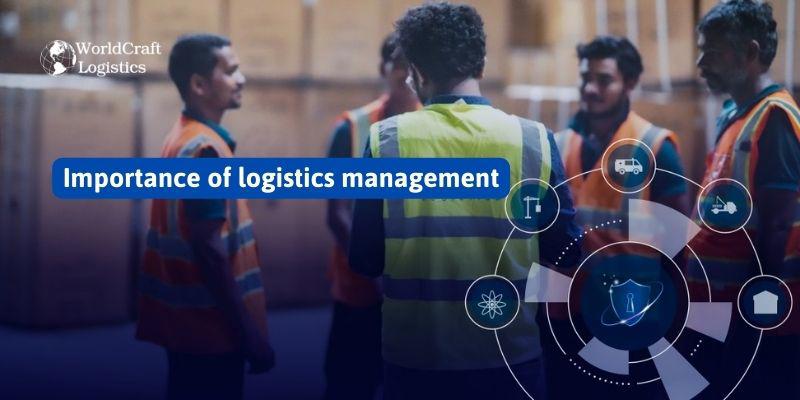
Effective logistics management is important to companies for a number of reasons, both positive and negative.
Good logistics management ensures that products are shipped in the most economical, safe, efficient and timely manner. This results in cost savings for the company and more satisfied customers.
In contrast, poor logistics management can result in damaged or delayed shipments, which can then lead to dissatisfied customers, returns and scrapped products. The consequences of these problems include higher costs and customer relation problems.
In order to avoid these results, effective logistics management includes careful planning, proper software system selection, proper vetting and selection of outsourced vendors, and adequate resources to handle the processes.
Businesses need to implement effective logistics management to remain competitive and to ensure their stability. Proper logistics management ensures that businesses can meet both demand and consumer expectations.
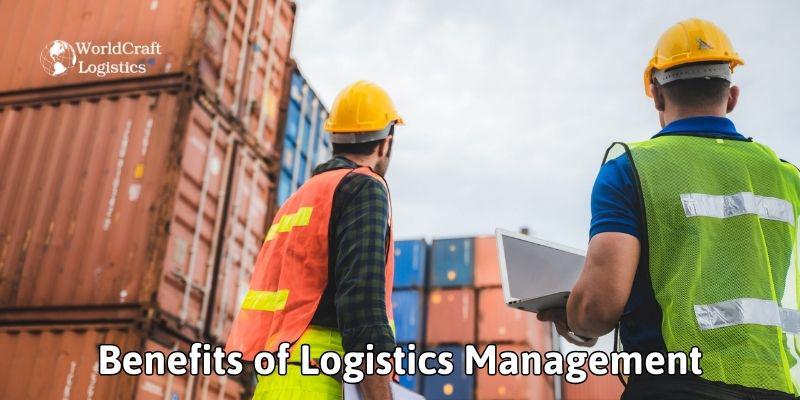
Logistics management helps to provide fast and quality service. A management strategy can constantly try to improve transportation processes and eliminate any disruptions since delayed deliveries can lead to a disappointed customer. Providing better customer services and a smooth freight moving process can add more value to the customer experience. Improved customer experience can lead to a better brand or company reputation and help generate more business. Hence, well-handled logistics contributes to an overall positive customer experience.
Logistics works optimally when there are ample transparency and visibility in operations. An efficient logistics management plan can analyze historical data and provide route optimization to increase efficiency and reduce fuel costs. Logistics management can optimize the utilization of assets, improve business efficiency and reduce operational costs.
Logistics management enables companies to gain clear visibility of their operations, improve customer relations, and reduce the necessity of maintaining excess inventory. This helps to increase the order fulfillment rate, thus boosting profitability for the company. With the usage of route optimization systems, implementation of the latest technological innovations, and by increasing fleet capacity utilization, companies can minimize operational costs and ensure synchronized supply chain management.
Intermodal operations involve the use of two or more modes, or carriers, to transport goods from supplier to consumer. Special standardized containers are used for intermodal operations, which eliminates the risks of directly handling goods. Better intermodal operations help to lower costs, are environment friendly, and are more reliable and safer.
Logistics focuses on optimizing operations and improving efficiency without affecting the profit margins. By reducing the wastage of resources, delivery productivity is ensured without compromising on the timely delivery of goods. Logistics management can meet quality standards, reduce failures, defects, and deviations to ensure that delivery productivity is not affected.
Goods need to be delivered efficiently and seamlessly while adhering to road safety rules and set time deliverables. Smart route planning allows the easy selection of the best routes, help avoid traffic jams, make it easy to monitor the status of drivers and vehicles, reduce empty miles and ensure that the goods reach customers intact and on time. Smart route planning ensures a good fulfillment rate and customer satisfaction.
Efficient logistics management ensures a smooth flow of communication and products, builds better customer relationships, and minimizes the need to maintain excess inventory. It also helps to reduce errors, shrink delivery times and increase revenues.

Logistics Management helps to connect all resources and integrate with various departments to give a more visible and transparent view of operations. Real-time access to information throughout the entire delivery process can streamline the transportation process and ensure better control to mitigate delivery disruptions.
The location of inventory plays an important role to fulfill delivery timelines. With customers expecting faster delivery service day by day, the distance between the customer and product needs to shrink. Logistics management needs to find inventory locations, which can speed up the delivery timelines and keep operational costs at a minimum.
Automation saves a considerable amount of time and money because manual interference is eliminated, especially with regards to repetitive tasks. Automating core logistics operations like scheduling, task allocation, roster management, route planning among others can reduce costly errors, improve customer service, and drive high-levels of operational excellence. Automation ensures speed, accuracy, quality, and efficiency when it comes to the execution of operations.
Advanced routing practices help to plan delivery routes that highly efficient and productive. By considering a plethora of external factors like weather, one-ways, tonnage, empty miles, risk factors and more modern route planning platforms can significantly reduce transportation costs and delays.
Driven by the need to be instantly gratified, modern customers need to know where their orders are, when it was shipped, when exactly will it de delivered and who will be delivering it. Brands need to provide customers with self-service type delivery models that allow them to select, and change if necessary, the delivery date, time and location. Hence, it’s critical to make logistics operations, especially the last-mile, customer-centric.
Transportation is one of the biggest reason for growing carbon emissions across the globe. consume resources on a large scale and are largely responsible for the world’s carbon emissions. By introducing modern technologies, like route optimization, automation, Machine Learning, digital documentations among others, businesses can drastically shrink their carbon footprint.
Third-party logistics companies are used when a business wants to outsource all or some of its distribution and fulfillment functions. Embracing a digital logistics software that empowers logistics stakeholders to drive data-backed decision-making goes a long way when it comes to seamless management of third-party logistics providers. Businesses can quickly access 3PL provider KPIs and map it to specific delivery needs. Effective logistics management that ensures interoperability between in-house IT architecture with 3PL systems further enhances 3PL management by improving fleet visibility, real-time tracking, better delivery experiences and enhanced compliance adherence.
Companies can enhance the robustness of their supply chains and protect them against crises through strategic planning driven by digital logistics tools. Rigid processes and lack of transparency lead to a lack of logistics agility and resiliency. Embracing digital tools that can mitigate thefts, pilferage and damage is vital for ensuring customer loyalty and better margins.
SEO
Digital Marketing/SEO Specialist
Simon Mang is an SEO and Digital Marketing expert at Wordcraft Logistics. With many years of experience in the field of digital marketing, he has shaped and built strategies to effectively promote Wordcraft Logistics' online presence. With a deep understanding of the logistics industry, I have shared more than 500 specialized articles on many different topics.

Education
01/05/2025

Education
02/18/2025
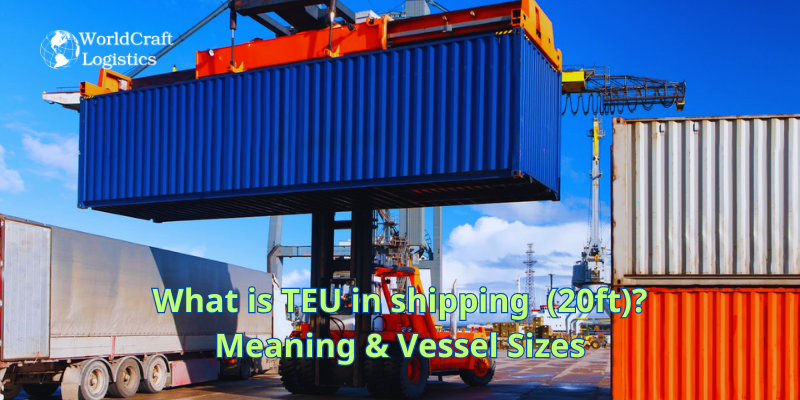
Education
01/01/2024
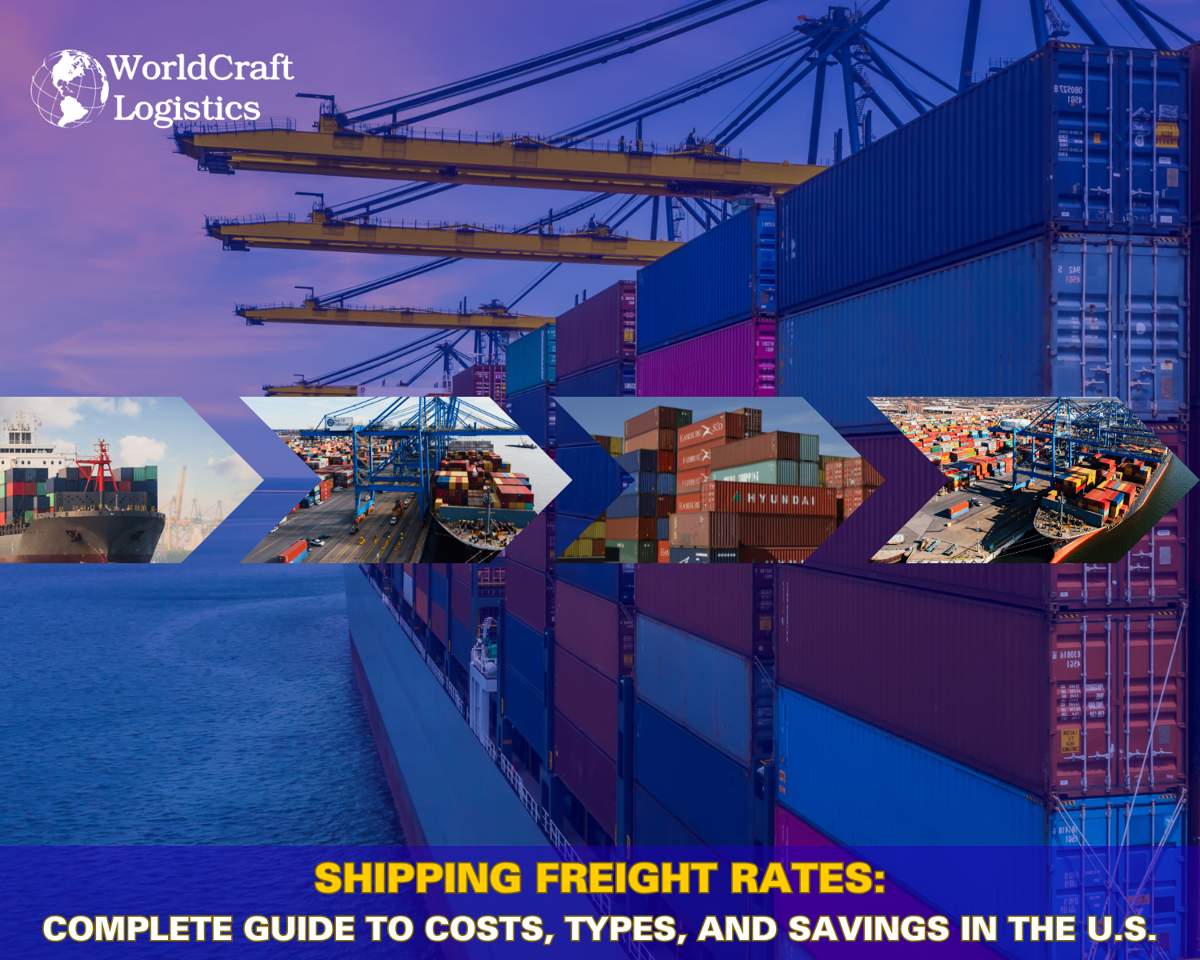
Education
09/09/2025

Education
08/28/2024